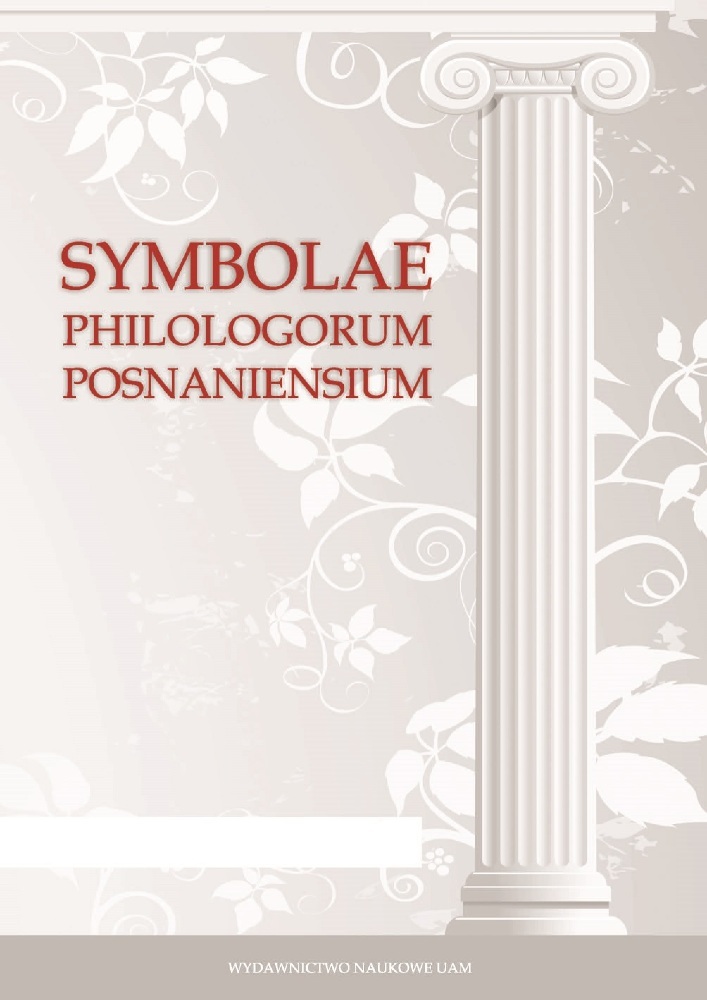Abstract
The article tries to answer the question why Clement of Alexandria (Paed. II 58, 1–2) and John Chrysostom (De Eleazaro et septem pueris, PG, vol. 63, coll. 523–4) propose peculiar interpretations of Sir 32:3. At first sight it might seem that the writers used texts of that verse in the Septuagint that were different from its present shape, but the real causes of the discrepancies were, in Clement’s case, his abhorrence of music, and in John Chrysostom’s case, the situation in which his speech was delivered.References
P.C. Beentjes, The Book of Ben Sira in Hebrew, Leiden 1997.
Clement of Alexandria, The Instructor, transl. W. Wilson, [in:] Ante-Nicene Fathers, ed. A. Roberts, J. Donaldson, A. Cleveland Coxe, vol. II, Buffalo, N.Y. 1885, p. 207–298.
C.H. Cosgrove, Clement of Alexandria and Early Christian Music, “Journal of Early Christian Studies” 14, fasc. 3, 2006, p. 255–282.
St. John Chrysostom, On Eleazar and the Seven Boys, transl. W. Mayer, [in:] St. John Chrysostom, The Cult of the Saints, ed. W. Mayer, B. Neil, Crestwood, N.Y. 2006, p. 119–134.
License
